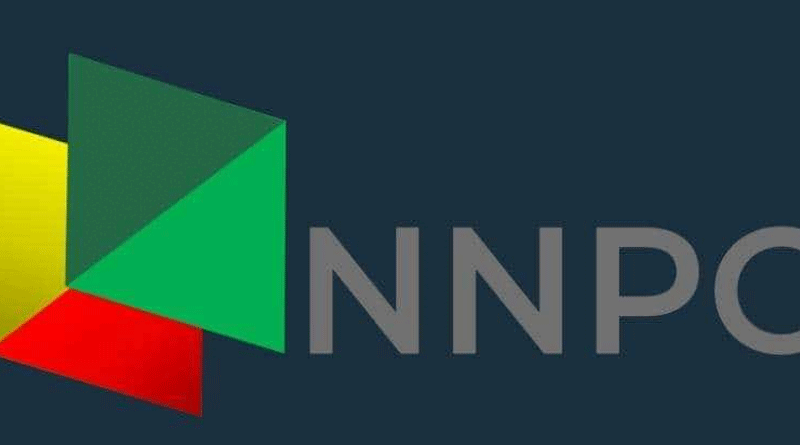NNPCL Acknowledges Debt to Petrol Suppliers Regretted for Delays
Last but not least, Nigerian National Petroleum Company Limited has acknowledged that it has “significant debt to petrol suppliers,” which endangers the long-term viability of the fuel supply.
Reportedly, Nigeria’s perennial petrol shortage—which has persisted since the beginning of 2024—has been exacerbated by the NNPCL’s $6 billion debt to petrol suppliers.
The NNPCL has, on multiple occasions, cited logistical difficulties and floods as reasons for the critical commodity’s supply problems.
“This financial strain has placed considerable pressure on the company and poses a threat to the sustainability of fuel supply,” stated Olufemi Soneye, a spokesperson for NNPCL, in a recent statement.
According to the Petroleum Industry Act (PIA), NNPC Ltd. is committed to its duty as the country’s energy security supplier of last resort.
When it comes to keeping the nation’s supply of petroleum products steady, “we are actively collaborating with relevant government agencies and other stakeholders.”
With all of its state-owned refineries inoperable, the most populous nation in Africa, Nigeria, is grappling with energy issues. The state-run NNPC is the primary importer of refined petroleum products, which the country relies on substantially.
In this nation, petrol queue wait times are typical. Because of the electrical supply crisis that has persisted for decades, the price of petrol has quadrupled since subsidies were removed in May 2023, going from approximately 200/litre to about 800/litre. This has made matters worse for the people who rely on petrol to power their vehicles and generators.
The value of the naira plummeted from $1/₦700 to over $1/₦1600 at the parallel market as the government unified FX windows at the same time. Food and basic commodity costs surged as Nigerians fought inflation.
The NNPCL and other petrol marketers are unable to import the crucial commodity owing to the high landing cost per litre, according to the Independent Petroleum Marketers Association of Nigeria (IPMAN).
The current landing cost of PMS is above $1,200, and that doesn’t even include the marketers’ margin, transportation costs, and other logistics, according to Zarama Mustapha, the National Operations Controller of IPMAN.
The price that NNPC sells to marketers is around ₦565. At present, there is a subsidy ranging from approximately 600 to 700 rupees.
“Whether they (government officials) say there is subsidy or not, the facts on the ground clearly state that there is something they are under-recovering.”
Leading African industrialist Aliko Dangote began production at his $20 billion Lagos factory last December, with a daily capacity of 350,000 barrels.
By year’s end, the refinery hopes to have completed its regulatory hurdles and was operating at 650,000 barrels per day. Diesel and aviation fuel are already being supplied to marketers around the country by the refinery, while petrol supply is anticipated to begin soon.




